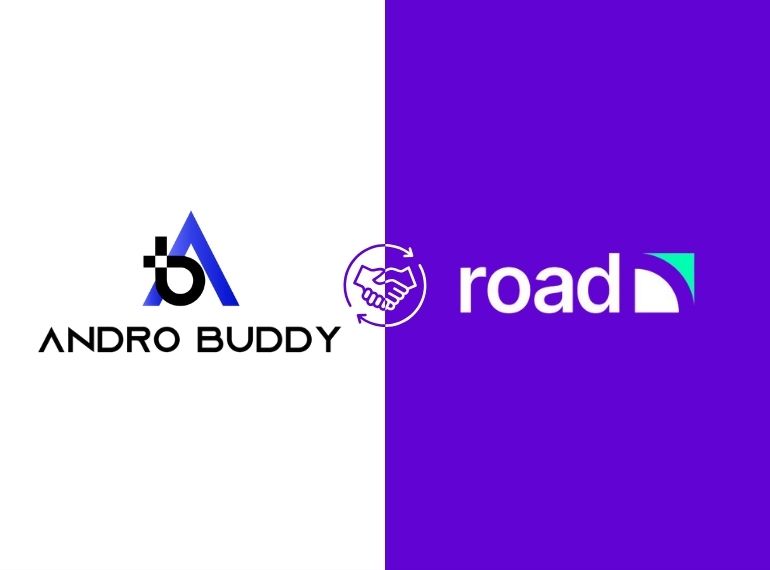
Blockchain technology is often associated with cryptocurrencies like Bitcoin and Ethereum. However, its potential extends far beyond digital currencies. As we look to the future, blockchain is poised to revolutionize various industries by offering solutions that enhance transparency, security, and efficiency. This article explores the potential and emerging use cases of blockchain technology beyond cryptocurrencies.
Understanding Blockchain Technology
Before diving into the use cases, it’s essential to understand what blockchain technology is. Blockchain is a decentralized, distributed ledger that records transactions across multiple computers. This structure ensures that the recorded data cannot be altered retroactively, providing a secure and transparent way to track and verify transactions.
Supply Chain Management
Enhanced Transparency
Blockchain can revolutionize supply chain management by providing greater transparency. Every transaction or movement of goods can be recorded on a blockchain, creating an immutable audit trail. This transparency helps in verifying the authenticity of products, reducing fraud, and ensuring that goods are sourced ethically.
Improved Efficiency
Blockchain streamlines the supply chain process by eliminating intermediaries and reducing paperwork. Smart contracts can automate various processes, such as payment release upon delivery, ensuring that transactions are executed efficiently and without delays.
Healthcare
Secure Patient Data Management
Blockchain technology can enhance the management of patient data in the healthcare sector. Patient records can be securely stored on a blockchain, ensuring that they are only accessible to authorized individuals. This security reduces the risk of data breaches and ensures that patient information is accurate and up-to-date.
Drug Traceability
Blockchain can also be used to track the journey of pharmaceuticals from manufacturer to consumer. This traceability ensures that drugs are authentic and have not been tampered with, addressing the issue of counterfeit medications.
Voting Systems
Enhanced Security and Transparency
Blockchain technology offers a secure and transparent solution for voting systems. Each vote can be recorded on a blockchain, making it immutable and verifiable. This transparency can help in reducing election fraud and increasing voter trust in the electoral process.
Accessibility
Blockchain-based voting systems can also make elections more accessible. Voters can cast their votes from anywhere, using their smartphones or computers, which can increase voter turnout and participation.
Real Estate
Simplified Transactions
In the real estate industry, blockchain can simplify transactions by reducing the need for intermediaries like brokers and lawyers. Smart contracts can automate the process of transferring property ownership once conditions are met, making transactions faster and more efficient.
Fraud Prevention
Blockchain’s immutable ledger can help prevent fraud in real estate transactions. All property records can be securely stored on a blockchain, ensuring that they cannot be altered or forged. This security provides buyers and sellers with greater confidence in the transaction process.
Intellectual Property
Proof of Ownership
Blockchain can be used to establish proof of ownership for intellectual property. Creators can register their works on a blockchain, providing an immutable record of their ownership. This record can be used in disputes over intellectual property rights.
Royalty Tracking
Blockchain technology can also be used to track and manage royalties for intellectual property. Smart contracts can automate the distribution of royalties, ensuring that creators are fairly compensated for their work.
Energy Sector
Decentralized Energy Trading
Blockchain can enable decentralized energy trading platforms where consumers can buy and sell energy directly from each other. This peer-to-peer trading can make the energy market more efficient and reduce costs for consumers.
Enhanced Grid Management
Blockchain can also be used to improve grid management. By recording energy production and consumption on a blockchain, grid operators can better manage supply and demand, reducing waste and increasing efficiency.
Government Services
Secure Identity Management
Blockchain technology can provide secure and efficient identity management solutions for government services. Citizens’ identities can be securely stored on a blockchain, reducing the risk of identity theft and simplifying the process of verifying identity for various services.
Transparent Public Records
Government records, such as land registries and business licenses, can be stored on a blockchain to ensure their accuracy and transparency. This storage reduces the risk of corruption and fraud, providing citizens with greater confidence in public records.
How Andro Buddy Technologies Can Help
For businesses looking to harness the power of blockchain, Andro Buddy Technologies offers comprehensive IT services to build and implement blockchain applications tailored to your needs. Whether you need a secure supply chain solution, a transparent voting system, or efficient patient data management, Andro Buddy Technologies can develop robust blockchain applications to drive efficiency and innovation. Our expertise ensures that your blockchain solutions are scalable, secure, and aligned with your business goals.
Conclusion
Blockchain technology holds immense potential beyond cryptocurrencies. Its ability to provide secure, transparent, and efficient solutions makes it applicable to various industries. From supply chain management to healthcare, voting systems to real estate, blockchain is set to revolutionize how we manage and verify transactions and data.
As blockchain technology continues to evolve, we can expect to see even more innovative use cases emerge. Businesses and governments that embrace blockchain’s potential will be well-positioned to lead in their respective fields, driving greater trust and efficiency in the digital age.
The future of blockchain is bright, and its impact will be felt across multiple sectors, transforming the way we conduct business, manage data, and interact with each other.
For more information, you can refer to Harvard Business Review’s articles on Blockchain Technology Harvard Business Review – Blockchain.



